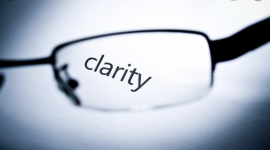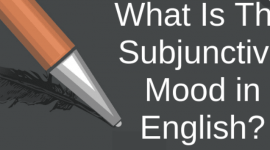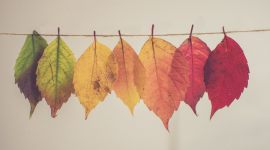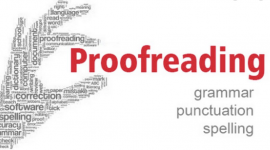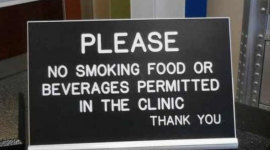08 Feb
2019
It’s February – welcome to the apostrophe!
What does February mean to you? Groundhog Day? The ‘love’ month? Lunar New Year? Spring just around the corner? All of the above? None of the above? Love is always good, of course, unless you’re lonely, single or broken-hearted, in which case the 14th is just a very sad day that you’d love to ignore. As for spring? When Prompt Proofing was based in BC, signs of spring could definitely be seen in February – Victoria even runs a flower count in that month. Here in Ontario, however, it just seems to be another month of snow, and more snow…
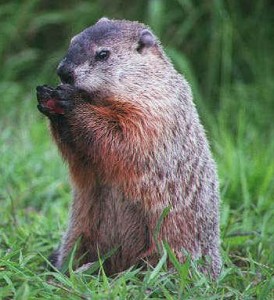

So what does this have to do with the apostrophe? Absolutely nothing! (Though the sharp eyed might pick up on the (correct) use of the apostrophe in the title.) But, let’s be honest, grammar blogs can be a bit boring; why not look at other things that may be on people’s minds at this time of the year? February is also a very short month, which is especially welcome after January, which often seems to be about 90 days long. By February, Christmas, New Year’s Eve and their aftermath have finally retreated for another year and we’ve likely stopped writing ‘2018’ on cheques. (Does anyone even write cheques anymore?) But, OK, enough digression – it’s February – great!
So, what is the problem with the apostrophe? Most writers, to be fair, have pretty much sussed out how to use this humble little punctuation mark correctly. It tends to be the world at large that often gets it wrong – and drives grammar nerds crazy. Bearing this in mind, the following are pet peeves for said grammar nerds:
Pet peeve #1 Using an apostrophe where one is not needed at all – because it’s simply a plural!
A big ‘no-no’ for store signs advertising potatoe’s – or potato’s. But also for those websites offering lists of Do’s and Don’ts, or FAQ’s. You’ve seen those, right? I get the Do’s confusion actually as it seems like we should match the apostrophe in Don’ts. Note, however, that the apostrophe in Don’ts indicates a contraction and there is no apostrophe – quite correctly – after the ‘t’. If it’s a plural, it does NOT ever need an apostrophe – unless of course the plural itself possesses something – see Peeve #3.
Pet peeve #2 Confusing its and it’s; their and they’re; your and you’re; or who’s and whose.
(I blame social media, with its accompanying ‘shorthand’ and lack of concern for any grammar rules, for the increasing prevalence of these.)
its/it’s
I think people are confused here by thinking it’s should be used as a possessive. Take a break and think this one through… apostrophes denote possession or contractions. Not all possessive pronouns take an apostrophe (think whose, theirs, etc.,) and neither does its. However, when we mean it is, then it’s – a contraction – is correct.
their/they’re
This is much easier! Their is a possessive pronoun, they’re is a contraction of they are. Simple!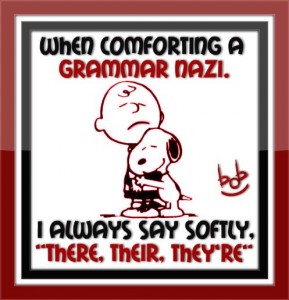
your/you’re
As above, your is a possessive pronoun, you’re is a contraction of you are.
whose/who’s
There is likely even more confusion with this one but the same rule aplies. Whose is a possessive pronoun while who’s is a contraction of who is.
Pet peeve #3 Misplacing possessive apostrophes
We do have to remember whether we’re talking about one person, or place possessing something, or more than one. How often do we see: girl’s night out; patient’s waiting room; or childrens’ play area? All, of course, are incorrect. I always want to ask: Which particular girl is having a night out? Which particular patient may use this waiting room? And children is already plural so the apostrophe should come after the ‘n’ NOT after the ‘s’. Usually a little thought will make this one fairly obvious.
Enjoy February and check back in March for our post on passive voice…

